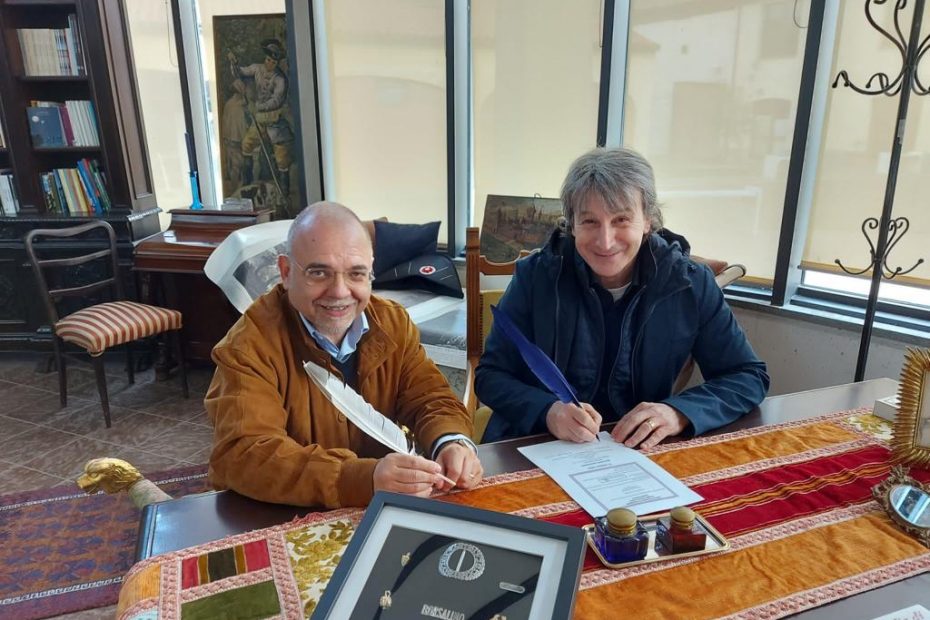“Victory belongs to the most persevering” exclaimed Bonaparte. It is this perseverance that unites the victorious destiny of Marengo and Turbigo.
The year is 1800, the French and Austrian protagonists and the evening is the setting. On 31 May, the French “landing” at Turbigo forced the Austrians to abandon their defensive positions; various cavalry charges were charged to regain control of the Turbigo bridge over the Naviglio Grande, but all failed. The village finally fell to the French troops and on June 1 Bonaparte officially entered.
On 14 June, east of the Bormida River, the surprise attack by the Austrians put the First Consul in serious difficulty. The defeat seemed inevitable but the arrival in the afternoon of the reinforcement units allowed the counterattack and the victory of the battle that bears the name of Marengo.
Turbigo’s fight anticipated Marengo’s resounding victory.
“Marengo could only be our first mandatory destination for sharing, with the other protagonists of Napoleonic history, our projects, our ideas and our places.” states Daniele Solivardi President of the Risorgimentale Turbigo Association during his visit to Marengo on Saturday 21 October.
To consolidate once again the cultural twinning between the two realities Solivardi has handed to Efrem Bovo, Curator and Valuer of the Polo di Marengo, two prints depicting respectively the battle of Marengo and Turbigo and then move to the official signing of the decree of the French consulate with which the works were commissioned proclaiming 3 months of celebration in Paris for the victories achieved. Signatories of the document to witness the relationship between the two Napoleonic realities: Daniele Solivardi and Nicola Budelli for the Risorgimentale Association Turbigo, Efrem Bovo and Giulia Gallina for the Cultural Center of Marengo and Gina and Roberto Pozzi re-enactors of the 59eme demi brigade d’infanterie de ligne de Marengo.
A meeting this to seal again the intent of collaboration and cultural exchange between the two places of victory in the memory not of the “war” but of what belongs to the reality of history, albeit with its limits, and the people who have been part of it. Because as Napoleon himself quoted, “Reality has its limits, stupidity does not”.




